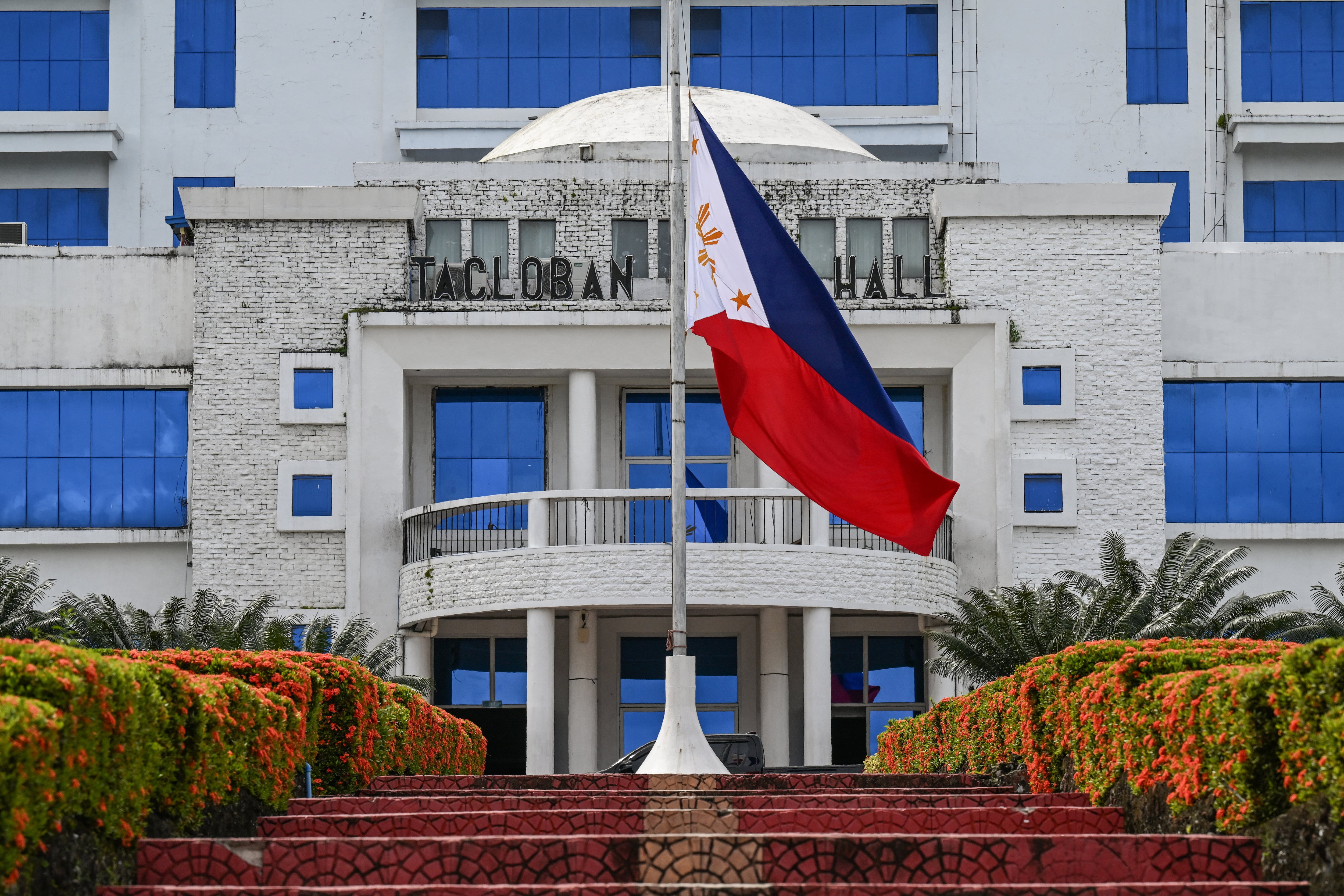TAIPEI, Taiwan – The Philippines has arrested a Chinese man for operating a surveillance device near the offices of its election commission, less than two weeks before the country’s midterm polls, adding further strain to relations between the two countries.
Tensions have been rising between Manila and Beijing, fueled by rival flag-raising displays on the disputed Sandy Cay in South China Sea.
“When we made the arrest, that was the third time he had come to Comelec,” said Philippine National Bureau of Investigation spokesman Ferdinand Lavin on Wednesday, referring to the country’s election commission.
The man, a Macau passport holder, was allegedly using an “IMSI catcher,” a device capable of mimicking a cell tower and snatching messages from the air in a 1 to 3 kilometer radius.
The arrested man also visited other locations, including the Philippine Supreme Court, the Philippine Department of Justice and the U.S. embassy, according to Lavin.
China denied any attempt to tamper with Philippine elections.
“We will not and have no interest in interfering in such internal affairs of the Philippines,” Chinese Ministry of Foreign Affairs spokesman Guo Jiakun said on Wednesday when asked about the arrest at a news conference.
“We also advise individual politicians in the Philippines not to take the chance to hype up issues related to China, make something out of nothing and seize the opportunity to profit.”
On April 3, China said it had detained three Filipinos for espionage, prompting the Philippines to claim it was retaliation for Manila’s arrest of five Chinese nationals a week earlier.
The latest arrest came as Manila signed an agreement with New Zealand allowing the deployment of troops on each other’s territory, a move aimed at bolstering security in a “deteriorating” strategic environment, and one likely to further antagonize China.
New Zealand Minister of Defence Judith Collins said that the deal reflected a commitment based on understanding “the risks to the international rules-based order.”
Both countries had “a real understanding that the strategic environment that we are operating in is deteriorating,” Collins said.
Philippine Secretary of National Defense Gilberto said: “There are those who follow international law and there are those who want to redefine it,” referring to China’s so-called “nine-dash line” in the South China Sea.
Beijing claims nearly the entire sea under its “nine-dash line,” a claim rejected by an international tribunal in 2016, which ruled in favor of the Philippines’ assertion that China’s claims were unlawful.
Despite the ruling, China has continued to assert its presence through patrols, island-building, and militarization, while the Philippines has sought to defend its claims through diplomatic protests and military partnerships.
“We need to deter this kind of unwanted behavior,” Teodoro said, adding that Manila and Wellington would work toward “military-to-military training.”
The agreement with New Zealand serves as the latest example of the Philippines strengthening defense and diplomatic ties with like-minded partners, as Chinese-Philippine relations continue to be tested by repeated confrontations between their coastguard vessels in the disputed South China Sea.
The Philippines and Japan pledged on Tuesday to deepen security ties, agreeing to begin talks on a defense pact and enhance intelligence sharing, while jointly opposing efforts to change the status quo in the East and South China Seas by force.
Manila is also reportedly in talks with Canada and France to establish potential defense agreements.
Edited by Mike Firn.


